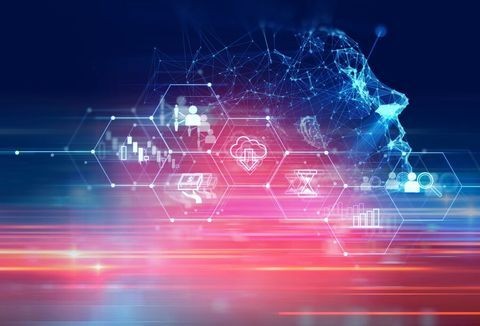New Legislation Seeks to Shift Legal Fees to Unsuccessful Nonpracticing Entities
Client Alert | 2 min read | 03.04.13
Last month, President Obama advocated for stricter legislation to limit frivolous lawsuits filed by nonpracticing entities (derisively called "patent trolls"). Last week, Rep. Peter DeFazio, D-Ore., and Rep. Jason Chaffetz, R-Utah, introduced the Saving High-Tech Innovators from Egregious Legal Disputes Act of 2013 (the "SHIELD Act") in committee. The bill provides that a party adverse to a patent holder may move the judge for a finding that the patent holder is a "nonpracticing entity." If the judge finds that the patent holder is a nonpracticing entity, the patent holder must post a bond sufficient to cover a reasonable measure of the attorney fees and costs of the adverse party to defend the case. If the court later enters final judgment against the patent holder, the bill requires that the court award recovery of actual attorneys fees and costs to the adverse party. Only in "exceptional circumstances" may a court decline to grant such an award.
Under the legislation, once the party adverse to the patent holder files a motion, the burden shifts to the patent holder to prove it is not a nonpracticing entity. Within 90 days of that motion, the patent holder must respond and prove it fits in one of three categories that would exempt it from the fee shifting provision: (1) the patent holder is the original inventor, (2) the patent holder exploits the patent through production or sale of an item covered by the patent, or (3) the patent holder is a university or technology transfer organization for a university. After that, but not more than 120 days after the original motion was filed, the court is required to determine whether or not the patent holder is a nonpracticing entity.
It is thought such a determination would reduce the incentive to prosecute weak cases given the requirements of the bond and the high price of final judgment. Although the legislation clearly targets patent holding companies – i.e. companies that have no business other than buying, licensing, and suing on patents – note that it applies equally to other companies suing on patents that those companies do not practice.
As provided in the bill, a motion for judgment as a nonpracticing entity may be brought at any time. If brought before the moving party's Rule 26 initial disclosures are due, the court shall limit discovery to the nonpracticing entity issue only, and the court may even delay issuing a scheduling order until after ruling on the motion. If the motion is filed after the initial disclosures are due, the court may delay ruling on the motion until after the entry of final judgment. Finally, if the motion is filed after entry of final judgment, the court must combine that motion with a motion for fees to the moving party.
Rep. DeFazio and Rep. Chaffetz introduced an earlier version of the SHIELD Act (H.R. 6245) in August 2012 that applied only to the computer and software industries and died in committee. Unlike the current bill, the earlier version required that the court determine whether "the party alleging the infringement of the patent" had "a reasonable likelihood of succeeding." It is too early to assess if this revised legislation is likely to make it out of committee.
This legislation follows on the 2011 Leahy-Smith America Invents Act, which implemented massive reforms in patent law that are still taking effect, but that legislation is widely seen as not having gone far enough to curb suits filed by nonpracticing entities.
Contacts
Insights
Client Alert | 6 min read | 04.16.24
Navigating the AI Intellectual Property Maze - Key Points From Congressional Hearing
On April 10, 2024, the U.S. House of Representatives, Judiciary Committee Subcommittee on Intellectual Property convened Part III to an ongoing discussion and exploration of artificial intelligence (AI) and intellectual property (IP) rights. The session, “Artificial Intelligence and Intellectual Property: Part III - IP Protection for AI-Assisted Inventions and Creative Works,” delved into the nuanced debate over what IP protections should exist for AI-generated or AI-assisted works.
Client Alert | 5 min read | 04.15.24
Making the EU Courts More Efficient for Trade-Related Decisions
Client Alert | 1 min read | 04.15.24
New FAR Part 40 to Address Supply Chain and Information Security Requirements
Client Alert | 1 min read | 04.11.24
U.S. Chamber Submits Comments on the FAR Council’s Proposed Rule Regarding Pay Transparency



